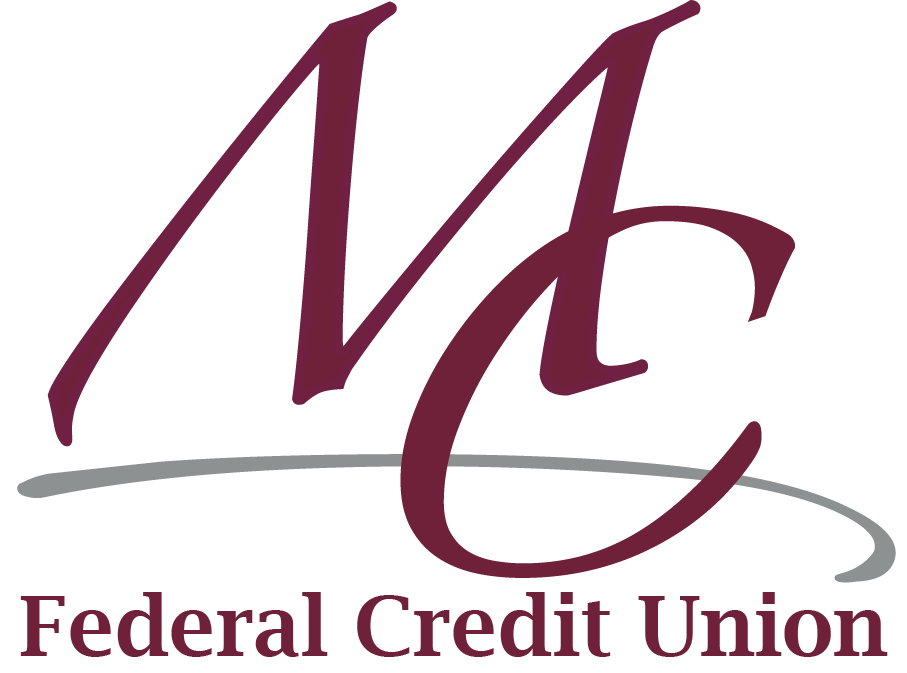Have you noticed your insurance bills skyrocketing lately? If so, you’re in good company. According to Policygenius, the average home insurance premium increased by 21% between May 2022 and May 2023. Combine this with rising housing costs, property taxes, and high interest rate debt, and it’s no wonder why so many Americans are struggling in today’s market.
Knowing how to mitigate the financial impact on your budget can help you navigate rising costs more effectively, whether you rent or own.
For Homeowners
Invest in Home Maintenance
Proactive home maintenance can save you money in the long run. Inspect your home for potential issues, such as roof damage or plumbing leaks. Investing in maintenance can prevent more significant, costlier problems down the line and may even lower your premiums.
Consider Increasing Your Deductible
Increasing your deductible can reduce your monthly payments. If you rarely file claims, the savings on premiums can outweigh the higher out-of-pocket costs in the event of an incident. Going this route requires more financial responsibility when making a claim, so it’s a safer option for those with emergency funds.
Explore Property Tax Exemptions
Many homeowners are unaware of exemptions and rebates that offer substantial savings. Homestead exemptions lower your primary residence’s taxable value, while senior citizen, disability, and veteran exemptions reduce taxes. Energy efficiency rebates may also be available for home upgrades. Contact your local tax assessor’s office or visit their website to find out where you can save.
For Renters
Negotiate with Your Landlord
If you’re facing a rent increase, talk to your landlord. Discuss your situation openly and explore possibilities for a smaller increase or locking in your current rate for an extended period. Sometimes landlords are willing to negotiate, especially if you’ve been a reliable tenant.
Consider a Roommate
If your rental agreement allows, consider taking on a roommate or subletting a portion of your apartment. Splitting rent and utilities can alleviate financial strain and provide a more affordable housing option, at least in the short term as you save.
Review and Reduce Utility Costs
Take proactive steps to conserve energy and water usage in your rental unit and consider installing energy-efficient appliances, using programmable thermostats. Ask your providers about budget billing or flat rate plans to stabilize monthly expenses.
For Both Renters & Homeowners
Review, Update, and Bundle Your Insurance Policy
Check your coverage limits to ensure your policy adequately protects your home, belongings, and liability risks. Make sure you’re not over-insured by removing coverage for items you no longer own or that have depreciated. Additionally, shop around for competitive rates and consider bundling your insurance policies, as this can yield discounted premiums.
Consider Relocation
While uprooting is cost-prohibitive in the short-term, you may not have to move far to find affordable housing that offers long-term sustainability. Many metropolitan areas have nearby cities or suburbs within an hour’s drive that can significantly lower housing costs.
Seek Support
Connect with your financial institution to see what resources they provide to support you in optimizing your housing budget. If high interest debt is a barrier to affordable living, GreenPath Financial Wellness provides financial counseling and a debt management program designed to help you become debt-free in three to five years.







